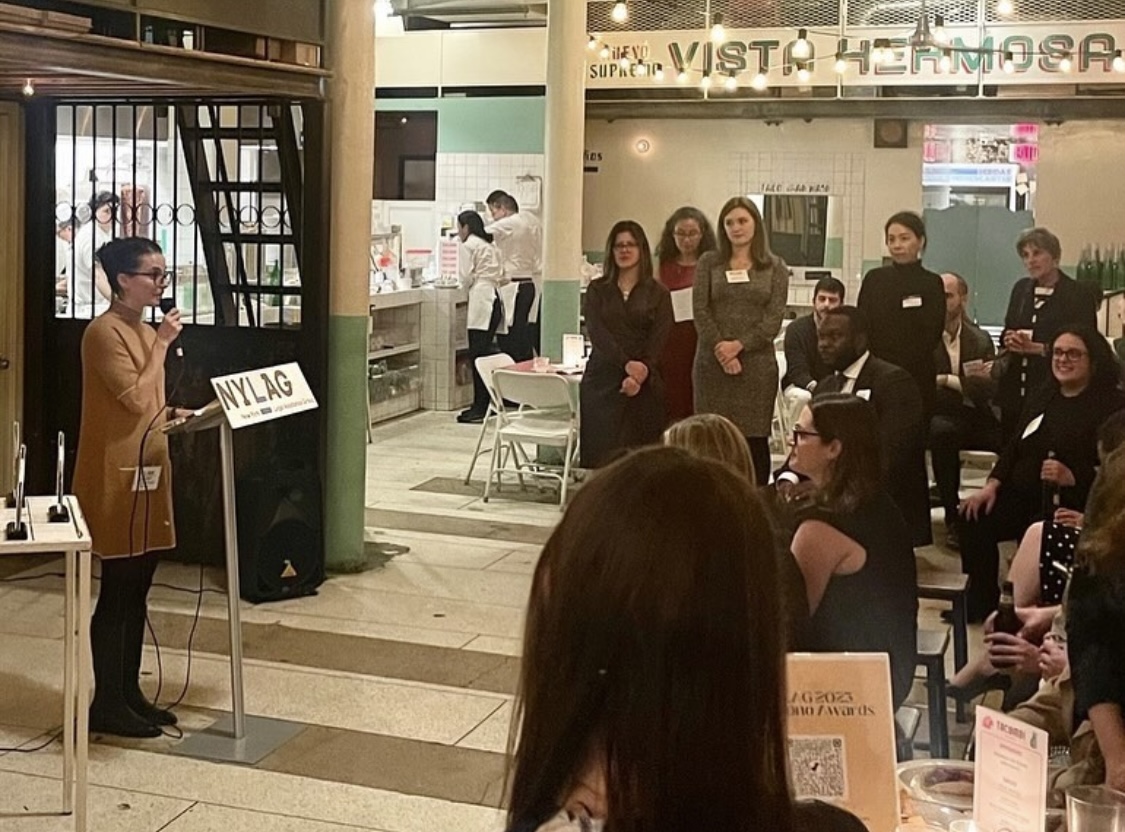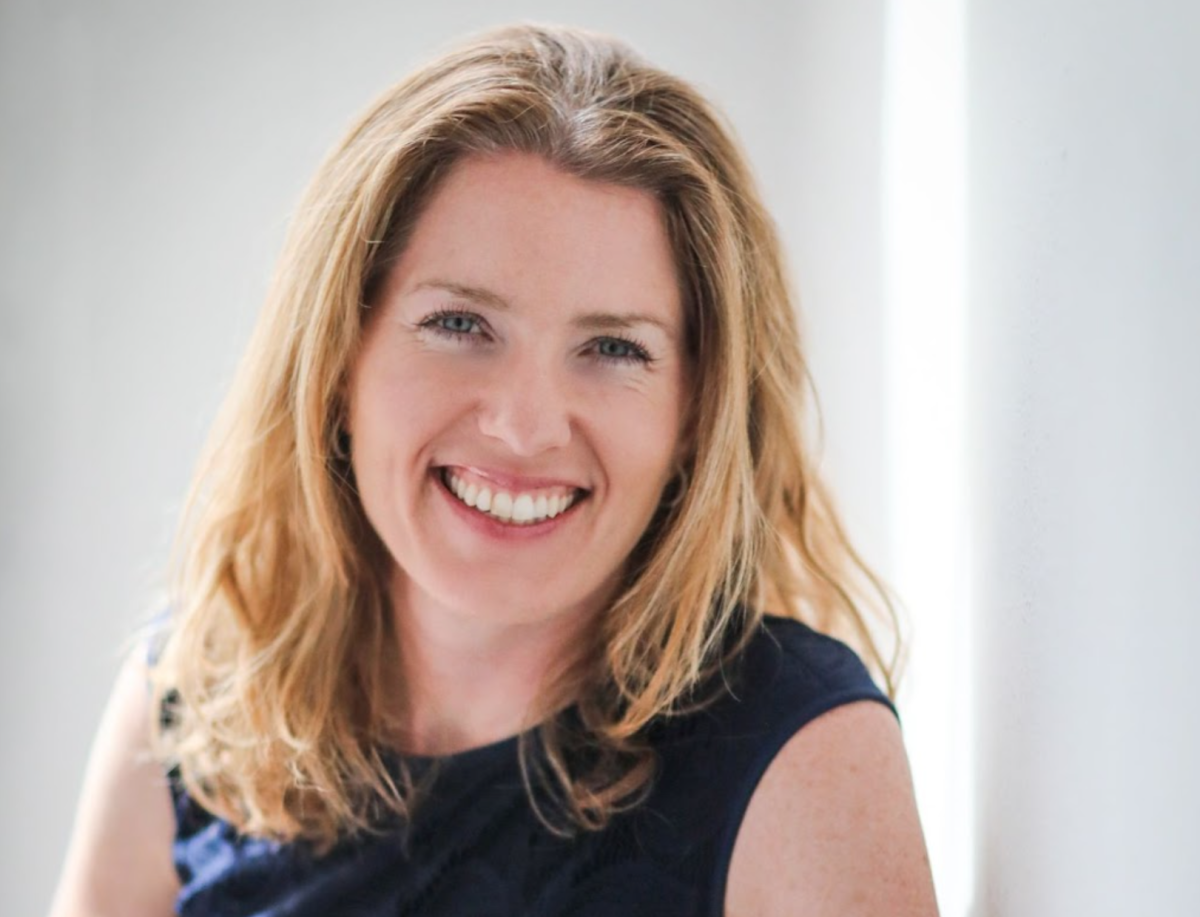Fordham Law School’s (FLS) Feerick Center for Social Justice opened up volunteer opportunities for immigrant support services. They seek to recruit volunteers — both undergraduate and non-law graduate students are welcome. Those that volunteer are expected to commit to six events from September 2023 to June 2024 affiliated with New York Immigration Coalition (NYIC). In addition, New York Legal Assistance Group (NYLAG) seeks undergraduate and graduate student volunteers without satisfying a required number of events to volunteer. There is an upcoming immigrant service event at the asylum clinic on Nov. 3 by the Feerick Center.
The Feerick Center for Social Justice began this initiative in 2012 but made it public in summer of 2023 due to the ongoing migrant crisis in New York City. The first event students could join was the Pro Se asylum clinic for NYLAG. The majority of migrants come from southern Central America and Latin America in the Western Hemisphere and populations from across the world using the migration route through southern Mexico.
Emerson Argueta, associate director at Feerick Center for Social Justice, said he was inspired to do immigration work through his own lived experience. Argueta was born in El Salvador and was an asylum seeker along with his family as war raged in his country at the time.
According to Argueta, his college experience brought the realization that many immigrants have a hard time getting situated in the United States. When applying to law school, he learned that the immigrant community in his hometown Long Island was growing and many people were fleeing conditions in Central America. He then got involved and volunteered with some efforts to support the migrants of Long Island. Starting law school, he took on service opportunities like trips to the U.S.-Mexico border. Argueta said it was inspiring to him as he realized he had a specific skill set of cultural competency which is integral for these types of immigration cases that seek humanitarian relief. After law school, Argueta continued an Immigrant Justice Corps fellowship, and now is an immigration lawyer.
Undergraduate student volunteers would be supporting general event logistics, helping guide migrants through the events. Students would guide them toward various tables on city agencies and resources available to support them or direct them to where they will need to go for legal consultation.
FLS is also seeking students who have the skill to provide interpretation services. Students that are bilingual, trilingual, multilingual or speak some of the languages specifically requested in the sign up form could possibly partner with the legal volunteers associated with NYLAG and serve as interpreters.
Legal volunteers would conduct consultations with migrants and provide information for this consultation. Volunteers that are committed and consistent can be trained to conduct legal intakes. Currently, there are 254 sign-ups across the university doing this migrant and immigration work, as well as 55 sign-ups within the law school for a total of almost 300 students.
The Feerick Center said they welcome students to these opportunities for students to sign up directly with partner organizations. Key to the City organization is run by NYLAG and NYIC. Other initiatives are held by FLS.
One initiative held by FLS is hosting, organizing and recruiting volunteers for Pro Se asylum application clinics. After, Key to the City connects with migrants to see what kind of legal relief they are eligible for. Then, NYLAG invites those migrants to the FLS initiative Pro Se asylum application clinics.
Pro Se is an attorney that does not officially represent you but a volunteer that helps prepare migrant cases. The person ultimately represents themselves and gets a lawyer down the line. As there are not enough attorneys, providers do these clinics. The goal is to get migrants to file applications within one year of arriving in the United States. The Feerick Center recruits volunteers for monthly asylum clinics, but most volunteers are law students, due to their knowledge on asylum law. Undergraduates are welcomed and encouraged to be interpreters at these clinics as well.
Daniel Daly, FCRH ’25, volunteers at asylum clinics helping immigrants with I-589 applications in Jackson Heights and spoke on his experience with this volunteer work as a minor in Spanish as well. “I definitely have a way better understanding of, like, immigration to the U.S., because it’s always in the news. There is so much polemic rhetoric that’s coming in, you don’t really know what to believe. You are like, face to face with these people. You hear about their experiences. So I guess kind of what I’ve taken away, it is like that. […] But I believe that these people are not just looking to feed off of the Social Security system like these, the vast majority of these people are actually fleeing danger and crime, and also like, authoritarian governments, especially in Venezuela. But also, I mean, I’ve also taken away like that, I mean, I realized that I like public service, and it’s something that we want to pursue in the future,” said Daly.
Daly added: “If you’re a Spanish student, I think this is like an amazing way to practice your Spanish if you’re looking to do that. If you are keen about humanitarian issues, I feel like there’s no better opportunity than doing this.”
Feerick Center is recruiting volunteers for November events at asylum application clinics with NYLAG. There is one on Nov. 3 from 10 a.m. to 3 p.m. at the Rose Hill McShane Campus Center. These are more so intended for law students because they need knowledge on asylum law.
However, undergraduate students can volunteer to be interpreters and logistic support. NYLAG thus far has flagged the need for Russian and Spanish interpreters, and the Ferrick Center invites such volunteers.
Argueta encouraged students to volunteer, saying that volunteering will give students “real-world” experience regardig asylum law and important volunteer work.








































































































































































































